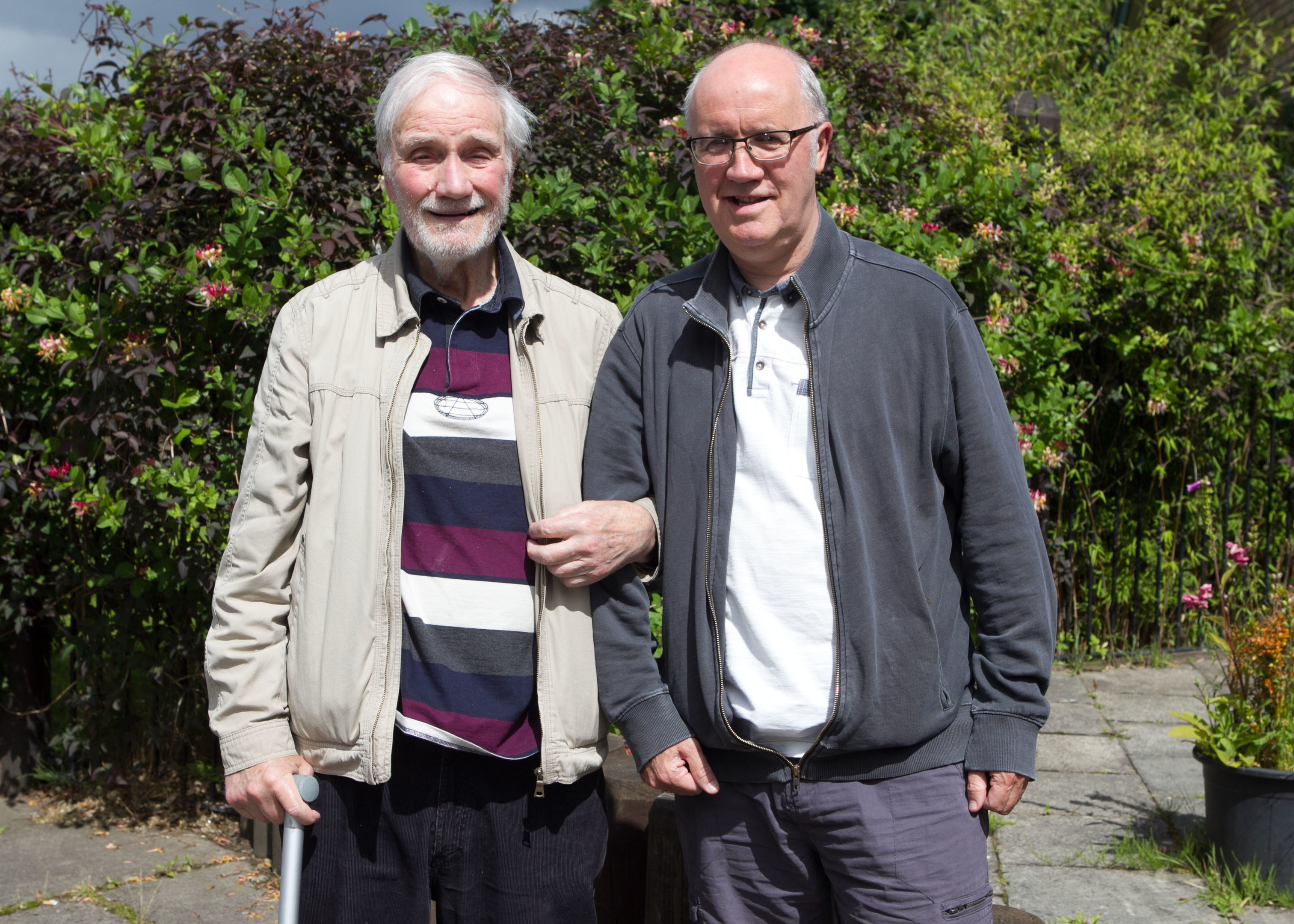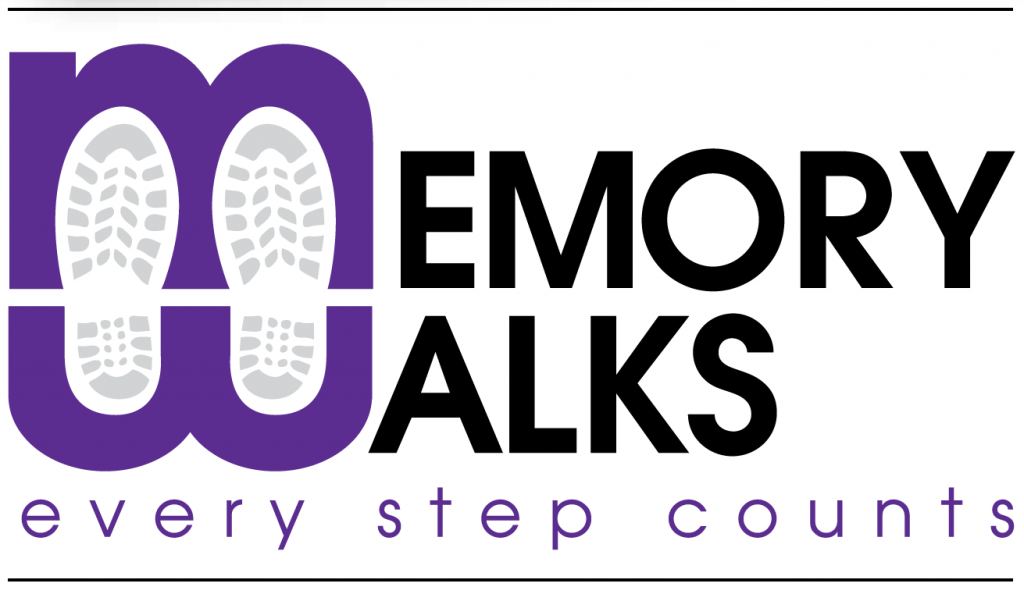
WHEN Ian Pollock was a boy his dad used to sing around the house all the time.
“It was back in the days before television, when people had to entertain themselves,” Ian smiled.
The former master butcher is 87, so he’s going back a few years to recall the story.
The Glasgow man has dementia but those memories of his dad are one of the reasons he decided to join Musical Minds, a monthly singing group for people living with the condition.
By the end of the hour, those attending can be more engaged, communicative and stimulated. They also have a lot of fun.
“I like singing, although I’ve never been a singer. I vividly remember my dad singing and I think that’s where I picked up my love of it,” said Ian.
“I can’t remember 60 minutes ago these days but I can remember 60 years ago as clear as day.”
The dad-of-six was diagnosed with vascular dementia three years ago. His son, Bobby, comes along with him to Musical Minds, held in the south side of the city, each month.
“When I first told him about the group he wasn’t too keen,” Bobby said. “He said it would just be a lot of old codgers but of course he’s one of the oldest here!
“We’ve been coming ever since. Although my dad doesn’t need his spirits lifted and isn’t the type to complain, I do see a difference in him by the end of the hour.”
Jan McKinney comes along with her mum, Lammie, and agrees the power of music does wonders.
“People with dementia seem to connect with music,” Jan said. “I have such joy seeing my mum
having fun and to see people come out of their shells.
“I can’t praise it enough.”
Lammie developed vascular dementia and Alzheimer’s in her mid-eighties and is now 90.
“She was becoming quite depressed sitting at home and not socialising,” Jan continued.
“She went into a care home 18 months ago, and between that and attending these sorts of groups, the difference in her is amazing.”
Dementia adviser Polly Mark runs the session, which attracts an average of 45 people for every class.
She said: “We started life as a café but the people attending decided they wanted it to be a singing group instead and it’s been going for about five years now.
“There’s a real feelgood factor among the group, including the staff, volunteers, friends and family.
“I absolutely see the difference in people once they’ve been here.
“You really don’t have to be a competent singer, it’s just a sing-song. People shouldn’t stop doing what they enjoy because they have dementia.”
Musician Eddie Binnie leads the singing. He has been leading choirs and performing in care homes for years, so knew music had a special way of engaging people.
That led to him setting up Musical Minds six years ago with Katy Hawker from Alzheimer Scotland.
The first group was in Kilmarnock and now there are several similar singing groups held around the country.
“Everyone is equal in the club – there is no stigma or embarrassment and we all come together,” Eddie said.
“The idea is that they do the work, I’m just the backing singer.
“The songs should be meaningful to them, so we ask what their favourite songs are. It could be a song played at their wedding and so on.
“They are having fun and that’s what it’s all about – living well with dementia.”
 MEMORY WALKS are Alzheimer Scotland’s largest fundraising events and are supported by HSBC.
MEMORY WALKS are Alzheimer Scotland’s largest fundraising events and are supported by HSBC.
Twenty walks – from Shetland to the Borders – will take place between August 27 and October 1.
The walks are ideal for all ages and abilities, as well as being wheelchair, buggy and also dog-friendly.
Registration is £10 for adults, £5 for those aged between 12 and 16 and under-12s walk free.
Visit memorywalksscotland.org to find out more and to register. If you have any questions about Memory Walks, dementia or the services in your area call Alzheimer Scotland’s free 24-hour Dementia Helpline on 0808 808 3000.
READ MORE
Memory Walks: Family walking in honour of brave Isobel and Martin

Enjoy the convenience of having The Sunday Post delivered as a digital ePaper straight to your smartphone, tablet or computer.
Subscribe for only £5.49 a month and enjoy all the benefits of the printed paper as a digital replica.
Subscribe